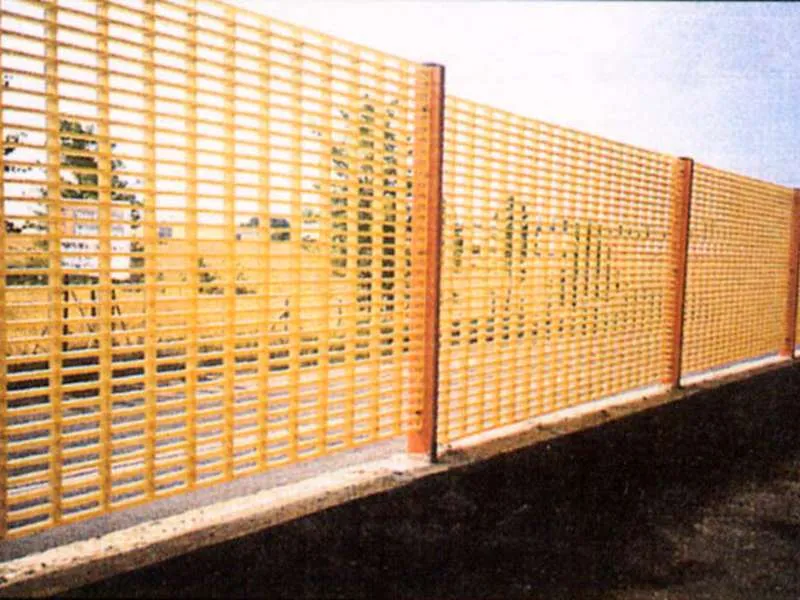
-
 Afrikaans
Afrikaans -
 Albanian
Albanian -
 Amharic
Amharic -
 Arabic
Arabic -
 Armenian
Armenian -
 Azerbaijani
Azerbaijani -
 Basque
Basque -
 Belarusian
Belarusian -
 Bengali
Bengali -
 Bosnian
Bosnian -
 Bulgarian
Bulgarian -
 Catalan
Catalan -
 Cebuano
Cebuano -
 China
China -
 China (Taiwan)
China (Taiwan) -
 Corsican
Corsican -
 Croatian
Croatian -
 Czech
Czech -
 Danish
Danish -
 Dutch
Dutch -
 English
English -
 Esperanto
Esperanto -
 Estonian
Estonian -
 Finnish
Finnish -
 French
French -
 Frisian
Frisian -
 Galician
Galician -
 Georgian
Georgian -
 German
German -
 Greek
Greek -
 Gujarati
Gujarati -
 Haitian Creole
Haitian Creole -
 hausa
hausa -
 hawaiian
hawaiian -
 Hebrew
Hebrew -
 Hindi
Hindi -
 Miao
Miao -
 Hungarian
Hungarian -
 Icelandic
Icelandic -
 igbo
igbo -
 Indonesian
Indonesian -
 irish
irish -
 Italian
Italian -
 Japanese
Japanese -
 Javanese
Javanese -
 Kannada
Kannada -
 kazakh
kazakh -
 Khmer
Khmer -
 Rwandese
Rwandese -
 Korean
Korean -
 Kurdish
Kurdish -
 Kyrgyz
Kyrgyz -
 Lao
Lao -
 Latin
Latin -
 Latvian
Latvian -
 Lithuanian
Lithuanian -
 Luxembourgish
Luxembourgish -
 Macedonian
Macedonian -
 Malgashi
Malgashi -
 Malay
Malay -
 Malayalam
Malayalam -
 Maltese
Maltese -
 Maori
Maori -
 Marathi
Marathi -
 Mongolian
Mongolian -
 Myanmar
Myanmar -
 Nepali
Nepali -
 Norwegian
Norwegian -
 Norwegian
Norwegian -
 Occitan
Occitan -
 Pashto
Pashto -
 Persian
Persian -
 Polish
Polish -
 Portuguese
Portuguese -
 Punjabi
Punjabi -
 Romanian
Romanian -
 Russian
Russian -
 Samoan
Samoan -
 Scottish Gaelic
Scottish Gaelic -
 Serbian
Serbian -
 Sesotho
Sesotho -
 Shona
Shona -
 Sindhi
Sindhi -
 Sinhala
Sinhala -
 Slovak
Slovak -
 Slovenian
Slovenian -
 Somali
Somali -
 Spanish
Spanish -
 Sundanese
Sundanese -
 Swahili
Swahili -
 Swedish
Swedish -
 Tagalog
Tagalog -
 Tajik
Tajik -
 Tamil
Tamil -
 Tatar
Tatar -
 Telugu
Telugu -
 Thai
Thai -
 Turkish
Turkish -
 Turkmen
Turkmen -
 Ukrainian
Ukrainian -
 Urdu
Urdu -
 Uighur
Uighur -
 Uzbek
Uzbek -
 Vietnamese
Vietnamese -
 Welsh
Welsh -
 Bantu
Bantu -
 Yiddish
Yiddish -
 Yoruba
Yoruba -
 Zulu
Zulu
Innovative Applications of Fiberglass in Sound Absorption Technology and Design
The Versatility and Advantages of Fiberglass Absorbers
Fiberglass absorbers have gained significant attention in various industries due to their unique properties and applications. Utilizing the inherent characteristics of fiberglass, these absorbers are designed to effectively manage sound, vibration, and thermal energy, making them indispensable in numerous fields such as construction, automotive, and aerospace.
One of the most notable features of fiberglass is its lightweight nature combined with high strength. These absorbers are made from woven glass fibers that provide exceptional durability and resistance to environmental factors. Unlike traditional materials, fiberglass does not corrode or degrade under harsh conditions, which contributes to its longevity and reliability as an absorber.
In soundproofing applications, fiberglass absorbers play a crucial role in reducing noise pollution. They are employed in acoustic panels and insulation systems, where their porous structure allows them to trap sound waves effectively. By converting sound energy into heat, fiberglass absorbers help create quieter environments in residential, commercial, and industrial spaces. This characteristic is particularly useful in places like recording studios, concert halls, or manufacturing facilities, where excessive noise can hinder performance and productivity.
fiberglass absorber

Another significant application of fiberglass absorbers is in thermal management. These materials have excellent thermal insulation properties that help regulate temperature fluctuations. In building construction, fiberglass can be incorporated into walls and ceilings to enhance energy efficiency by reducing heat transfer. This not only leads to improved comfort for occupants but also contributes to lower energy costs, making it an environmentally friendly choice.
Furthermore, the versatility of fiberglass absorbers extends to their ability to be molded into various shapes and sizes. This adaptability makes them suitable for a wide range of applications, from automotive sound deadening to insulation in aerospace components. The customization options allow manufacturers to design products that meet specific requirements, ensuring optimal performance in diverse conditions.
In conclusion, fiberglass absorbers represent a harmonization of innovation and functionality. Their unique properties, including lightweight durability, sound absorption, thermal insulation, and design versatility, make them an essential material in modern engineering and architecture. As industries continue to prioritize sustainability and efficiency, the demand for fiberglass absorbers is likely to grow, solidifying their status as a vital component across numerous applications. As research and development in this field advance, we can expect to see even more innovative uses for fiberglass absorbers in the future.
Latest news
-
High-Quality Fiberglass Car Bodies Durable GRP Car & Boat Body SolutionsNewsJul.08,2025
-
High-Quality Fiberglass Dual Lamination Product Manufacturer Durable FRP & GRP Dual Lamination SolutionsNewsJul.08,2025
-
Rectangular Tank with Dimensions for GRP Calculation Custom Fiberglass GRP Rectangular TanksNewsJul.07,2025
-
High-Quality Fiberglass Weir Custom FRP Weir & Fiberglass Tanks ManufacturerNewsJul.07,2025
-
CPVC FRP Pipe A Reliable Choice for Industrial Applications High Strength & Corrosion ResistanceNewsJul.07,2025
-
Fiberglass Scrubber for Effective Cleaning and Stain Removal – Superior Performance in Various ApplicationsNewsJul.06,2025









